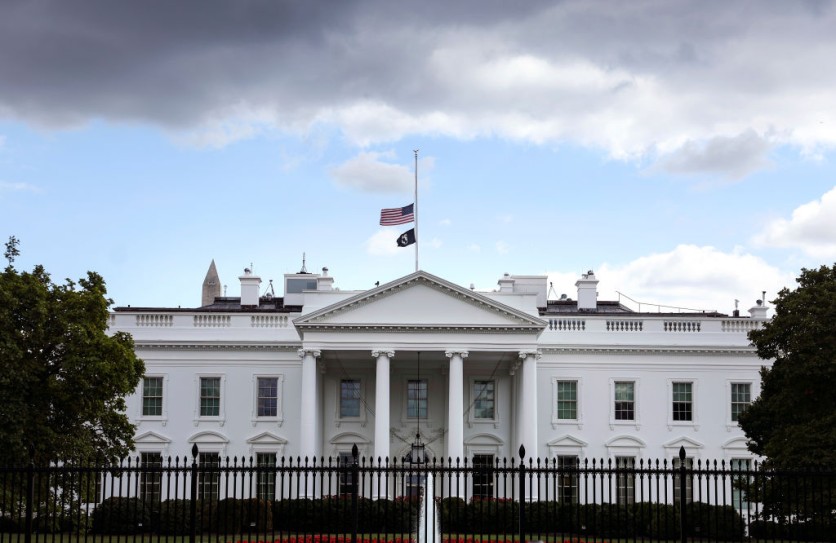The United States Federal Communications Commission (FCC) is reportedly looking to bar Huawei, ZTE, and other telecoms, possibly a national security threat, from approving wireless technologies in the country.
The FCC will reportedly vote this month on a bipartisan proposal to guarantee that corporations raising security concerns do not influence test laboratories and telecoms certifying bodies that certify wireless technology for the US market.

Last week, the FCC said it would not allow Huawei test labs to participate in the equipment authorization program. The FCC rejected Huawei's request to extend its accreditation, as the lab's accreditation was about to expire on Tuesday.
A request for comment from Huawei was not answered.
The agency expects this new proposal to give the FCC and its national security partners the tools to protect this crucial process.
The proposal would permanently ban Huawei and other businesses on an FCC list of entities posing threats to national security from participating in any capacity in the equipment authorization program.
In a statement, FCC Chair Jessica Rosenworcel stated that the organization needs to ensure that its program for obtaining equipment authorization and that the people overseeing it can meet the challenges presented by recurring and constantly evolving supply chain and security risks.
Related Article: China Acknowledges AI Sector Is Lagging Behind US
Barred Chinese Telecoms
The FCC prohibited the approval of new telecom and video surveillance equipment from Zhejiang Dahua Technology Co, Hytera Communications Corp, Hangzhou Hikvision Digital Technology, Huawei, and ZTE in November 2022.
Under two presidential administrations, the US has imposed extensive restrictions on Chinese technology companies, such as the FCC's ban on Huawei and other Chinese telecom companies.
Chinese officials have refuted US officials' claims that the corporations could be snooping on Americans and stealing data.
Complexities of the US-China Tech War
The Biden Administration continues to bar foreign influence deemed national security threats, but other nations have commented on its unwanted consequences.
The minister of trade, industry, and energy of South Korea recently warned the administration about its laws prohibiting electric car manufacturers from being eligible for its subsidy scheme if they purchase graphite from Chinese suppliers.
According to Minister Ahn Duk-Geun of South Korea, if battery manufacturers are not permitted to purchase graphite from Chinese suppliers under an exemption to the FEOC laws, then no vehicle may be eligible for the extensive tax benefits that the Biden administration is offering EV consumers.
These limitations, nevertheless, present issues. According to the consulting firm Benchmark Minerals Intelligence, Chinese businesses control more than 99% of the global market for battery-grade graphite and 69% of the market for synthetic graphite, which is used in battery anodes.
Almost no EV manufacturer could take advantage of the subsidy plan due to China's supply dominance in the EV battery supply chain.
Related Article: AI, US Export Curbs, Taiwan Discussed by Biden, Xi Amid Tensions


![Apple Watch Series 10 [GPS 42mm]](https://d.techtimes.com/en/full/453899/apple-watch-series-10-gps-42mm.jpg?w=184&h=103&f=9fb3c2ea2db928c663d1d2eadbcb3e52)


